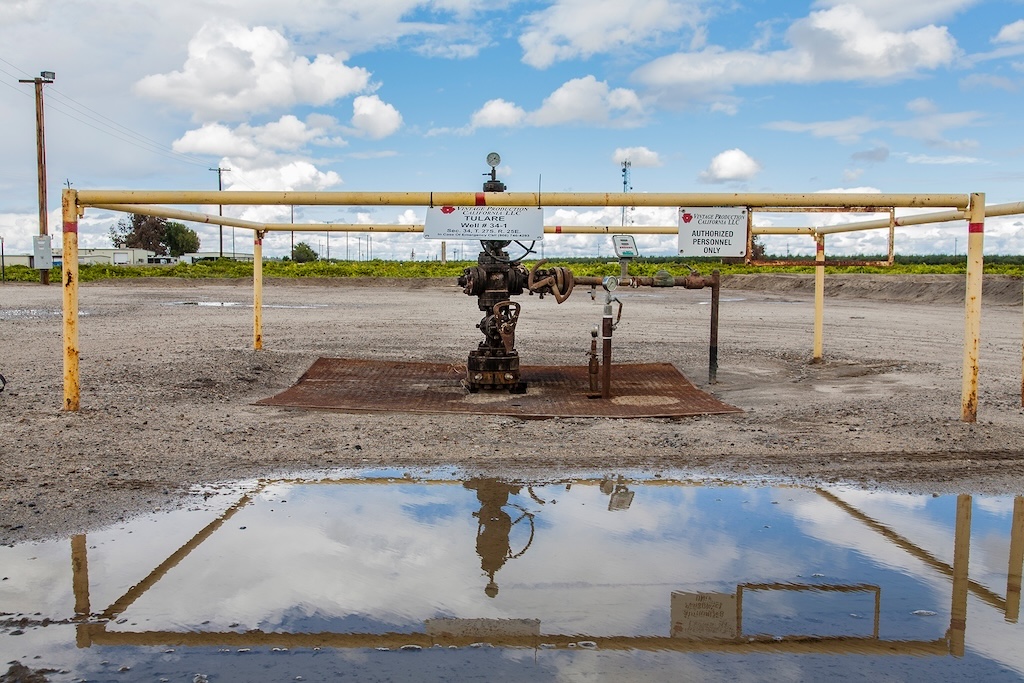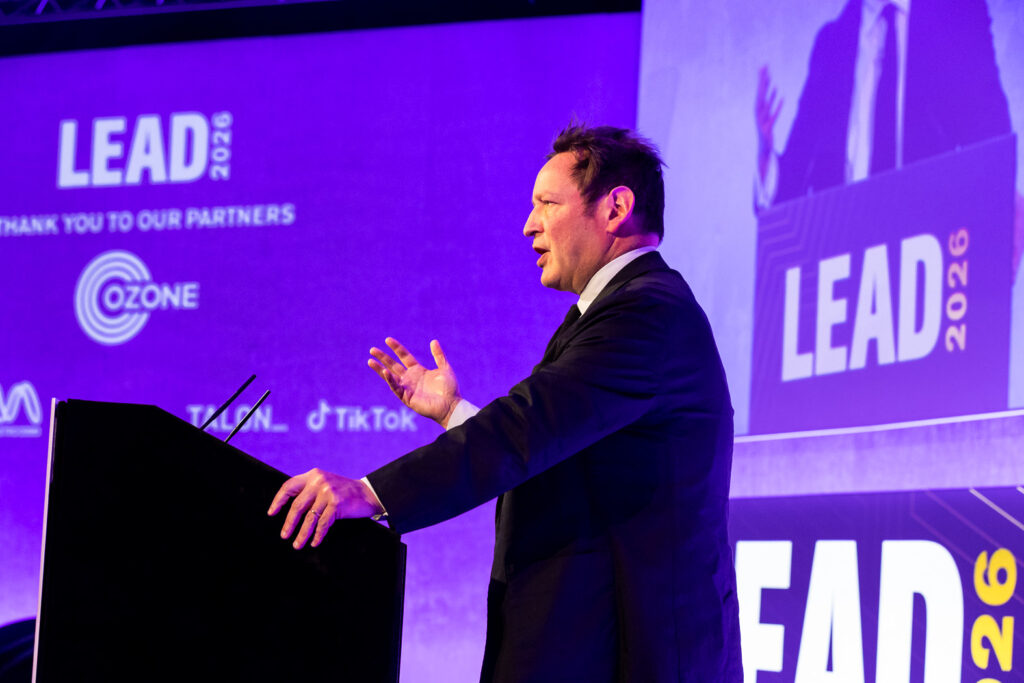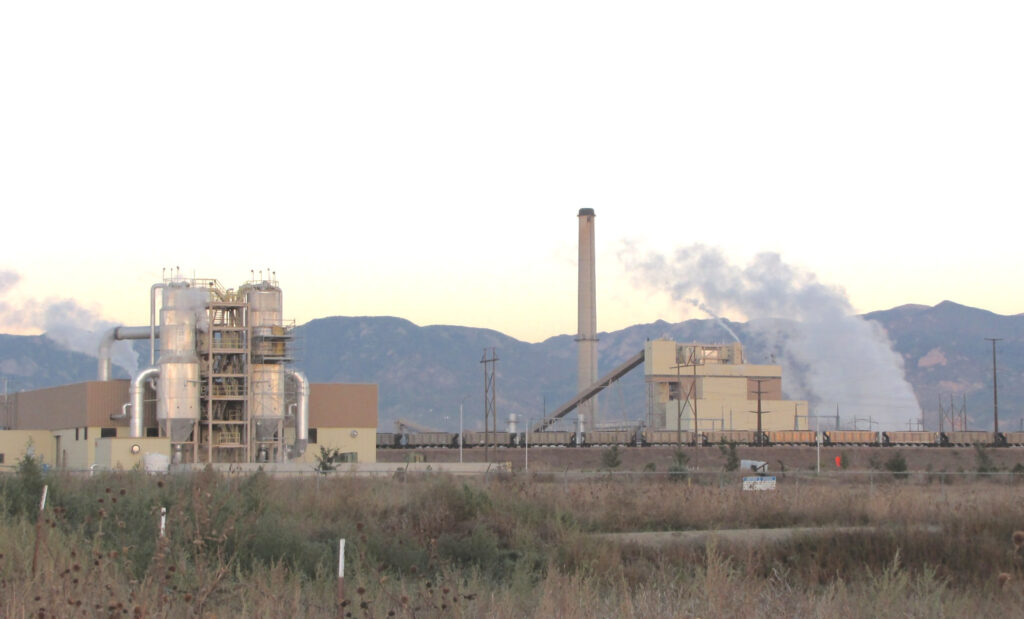The most interesting aspect of the 1,700 prominent signatories urging U.S. politicians to make immediate, deep reductions in greenhouse-gas emissions is that so many of them are economists.
Predictably, the statement by the Union of Concerned Scientists, issued on the eve of U.S. Senate debate on the Lieberman-Warner climate bill, affirms the long-standing scientific evidence for global warming.
But what was unusual, and surprising, was the prominent role of some economists as measured by the statement that acting quickly to cut emissions “would be the most cost-effective way to limit climate change.”
That alone was a dramatic about-face from the usual rhetoric by economists and many others in business – and by the lick-spittle politicians that cater to their every whim – who lamely contend that acting too quickly on global warming would spell economic disaster.
And the signers pushed the envelope further, saying if the U.S. does delay, “future cuts would have to be more drastic and would be much more expensive. And those costs would come in addition to the increased cost of adapting to more climate change.”
The statement also said smart reduction strategies would allow the economy to grow, generate new domestic jobs, protect public health, and strengthen energy security.
In short, reining in global warming would lead to economic prosperity, not the other way around.
Scientists and environmentalists have known for a long time that environmental degradation is expensive while too many economists – those who are paid crusaders for growth – have averted their eyes.
Now, as evidence mounts, the denialist camp may be losing that valuable mouthpiece.
Subscribe to our newsletter
Stay up to date with DeSmog news and alerts





